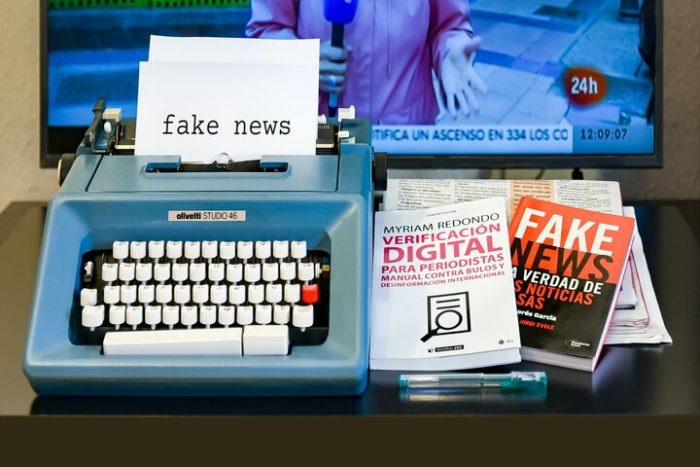
The study “Examining the Democratic Potential of Data Journalism in Curing Misinformation” by Tianru Guan and Qiong Wang from Wuhan University used the Chinese case of “Military World Games and the origin of Covid-19” to examine the effectiveness of data journalism in debunking misinformation.
The Covid-19 epidemic amplified the so-called infodemic politics, as numerous conspiracy theories about the origin of the virus emerged. False claims were made that attacked the legacy media and officials and invoked feelings of powerlessness. In this particular case, these conspiracy theories also fed racist attacks against people of Asian descent.
The effectiveness and role of journalism in combating misinformation has been studied previously. This study contributes to the field by looking at how a specific type of journalism: data-driven reporting or simply data journalism can work as a cure against misinformation.
The study looks at misinformation – information that is inaccurate or false by accident, not at disinformation campaigns, where deliberately misleading information is disseminated.
The piece of political information chosen for the study was “Military World Games and the origin of the Covid-19”. It claimed that Covid-19 had been deliberately brought to China by the US as bioweapon during 2019 Military World Games. The participants to the study, 317 Chinese adults, were recruited for the study in January 2022. The sample was 48% female and 95% Han, and the median age was 34.
Subject-experiment design was used in the study. The participants were randomly assigned to one of the three conditions: control, debunking by traditional news, and debunking by data journalism. The participants were asked about their perceptions of the origin of Covid-19 and its relation to the US.
After showing the news, the participants were asked to rate the perceived credibility with an array of Likert-type survey items. It was found out that data journalism was perceived as more credible. The authors suggest that the corrective power of data journalism has to do with its “argument quality” – people are more likely to be persuaded by strong arguments than weak ones and data journalism was perceived as presenting strong arguments.
The study empirically proved the effectiveness of data journalism. This has wider implications in the current situation, where legacy media is increasingly perceived as lacking credibility and misinformation and false information campaigns are rife. The study also contributes to research on data journalism.
The authors point out two limitations: first, individual differences were not accounted for – individual psychologies and local culture might affect the results. Second, the study design does not allow for exploration of the attitudinal and emotional elements.
The article “Examining the Democratic Potential of Data Journalism in Curing Misinformation” by Tianru Guan and Qiong Wang is in Journalism Practice. (free abstract).
Picture: Fake news by Jorge Franganillo.
License Unsplash.